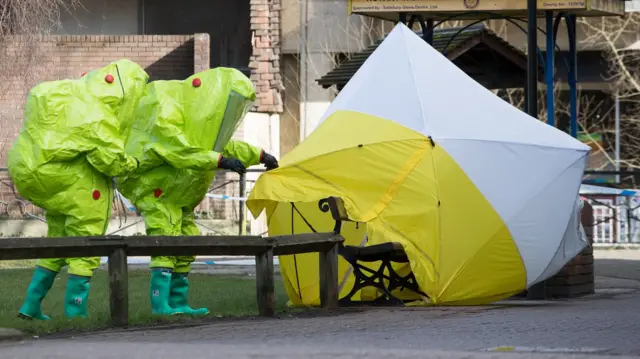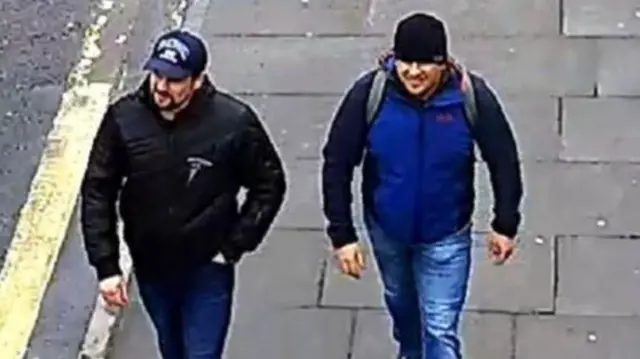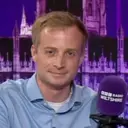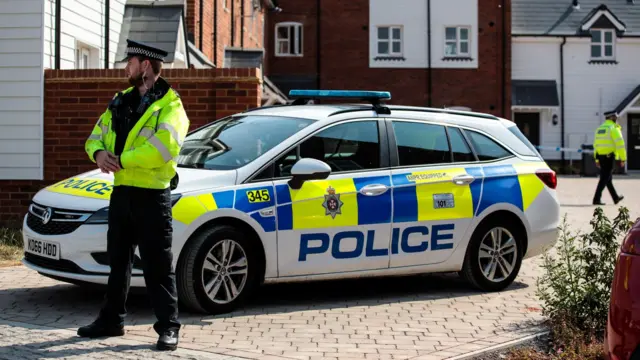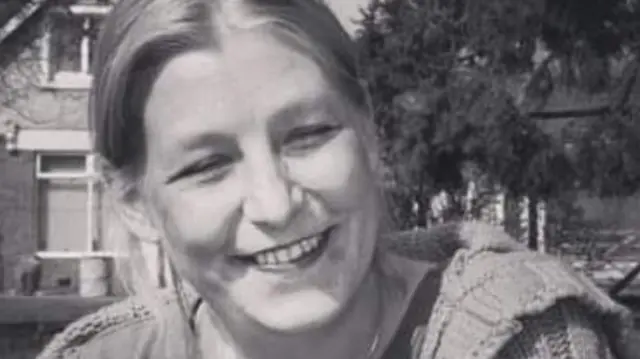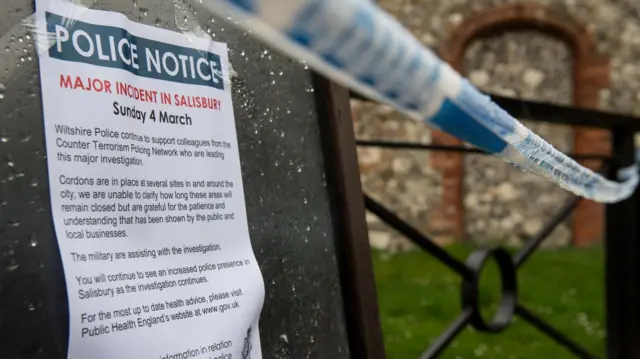What we heard from the inquiry todaypublished at 12:46 BST 15 October 2024
Today, on its second day, the inquiry opened with a statement from Dawn Sturgess’ mum, Caroline.
She described Dawn as “intelligent, funny” and “extremely selfless”.
She also strongly denied that Dawn was a drug user, “as had initially been reported and then repeated".
Met Police's counter terrorism command Dominic Murphy said the Salisbury poisoning was the first identified use of a chemical weapon in the UK as a tool to "conduct an assassination".
A covert MI5 operation also ran alongside the police’s investigation into the poisonings, he added.
Paul Mills, deputy chief constable for Wiltshire Police, said intelligence suggested that the attack on the Skripals in March 2018 was an "isolated incident".
He said with “hindsight”, more advice should have been given to the police about signs of nerve agent poisoning.
The hearing heard how Dawn Sturgess was taken ill on the morning of 30 June 2018, but Wiltshire Police were not informed of this until the evening.
Mr Mills also apologised on behalf of the force to Dawn's family about the reports of her being a drug user.
